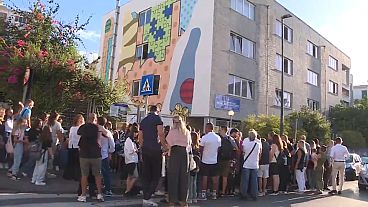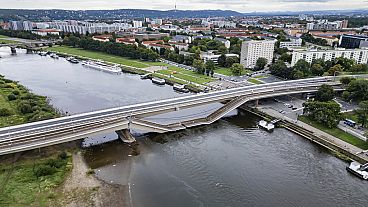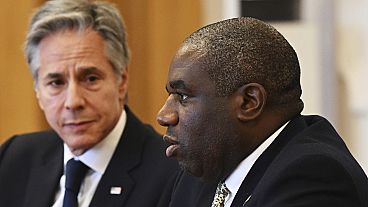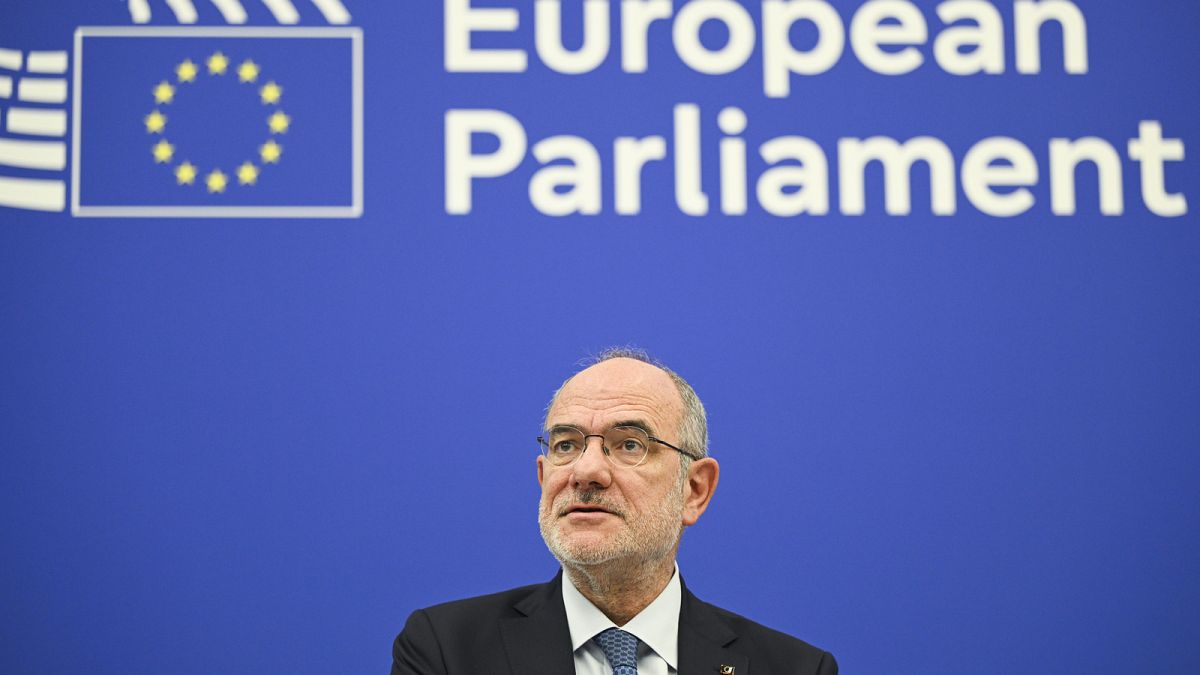Duch will leave the European Parliament's spokesperson service to serve as regional minister for the European Union and external policy.
The recently sworn-in president of Catalonia, Salvador Illa, has appointed Brussels veteran Jaume Duch to represent the regional government in its relations with the EU and external policy.
Duch, who has served as the European Parliament's chief spokesperson and director-general for communications for the past seven years, will bring a total of 34 years of experience working at the heart of the EU institutions to the Generalitat.
He previously worked for over a decade as the European Parliament's director for media and communications, and in the late 1990s, was spokesperson for former European Parliament President José María Gil-Robles of the European People's Party (EPP).
Duch, a fervent pro-European and a Christian democrat, will serve as one of the regional government's 16 ministers or "consellers".
His appointment was welcomed over the weekend by the European Parliament's President Roberta Metsola, who said that Catalonia had gained a "respected expert in EU and external policy".
The leader of the Socialists and Democrats (S&D) group in the Parliament, Iratxe García Pérez, also described the appointment as "excellent news".
Puigdemont's reappearance failed to stop Illa's investiture
The new regional Catalan government was formed last week after Illa, who hails from the Socialist party of Spain's Prime Minister Pedro Sánchez, managed to secure the backing of the pro-independence Republican Left of Catalonia (ERC) and the left-wing Comuns alliance to be sworn in as the region's president.
Despite emerging as the biggest party in snap Catalan elections on 12 May, Illa and the Catalan Socialists failed to secure the necessary majority needed to govern without relying on the support of other left-leaning forces.
Illa's investiture, which came after months of negotiations, saw the end of over a decade of successive nationalist and pro-independence governments in the regional capital of Barcelona.
But his inauguration ceremony was nonetheless overshadowed by the fleeting return of exiled Catalan separatist leader Carles Puigdemont.
Puigdemont, who faces an arrest warrant, gave a speech in central Barcelona last Thursday before fleeing back to Belgium, where he has been residing since 2017. It has sparked questions about how the Mossos d’Esquadra, the Catalan police force, failed to arrest the fugitive.
It comes nine months after Sánchez' Socialist Party (PSOE) struck a controversial deal with Catalan separatist parties — including the Together for Catalonia (JxCat or Junts) party of Puigdemont — to make Sánchez prime minister in exchange for an amnesty for political leaders responsible for the failed attempt at secession from Spain in 2017.
Whilst the regional government in Barcelona has limited competence in its relations with the EU, the independentist parties that have ruled in the region for the past 14 years have recently made the prospect of Catalan being adopted as one of the bloc's official languages a priority.
The executive led by Sánchez in Madrid backed the move last year as part of efforts to woo regionalist parties to back his second term in office, but the possibility has not yet gained traction in Brussels.












